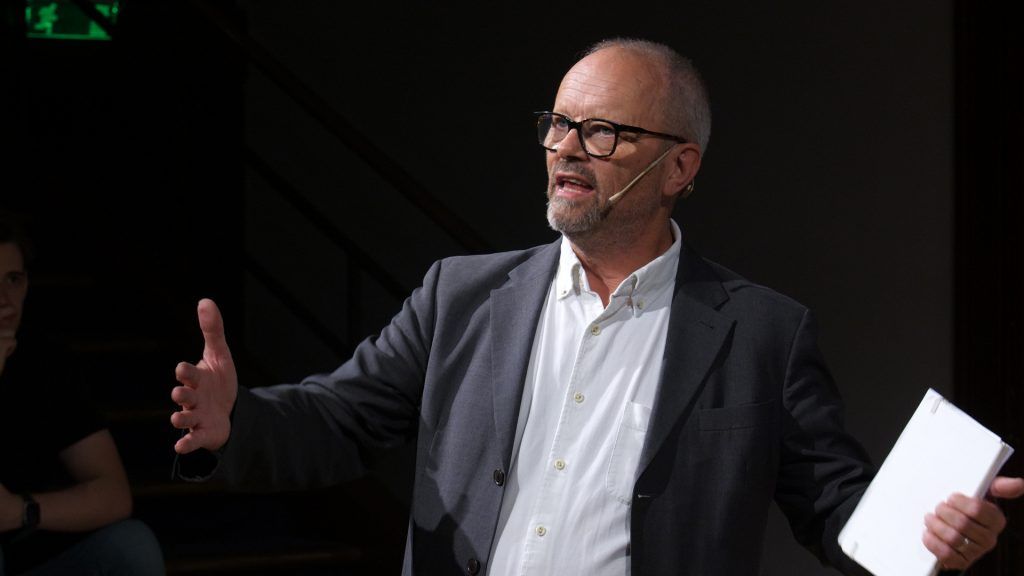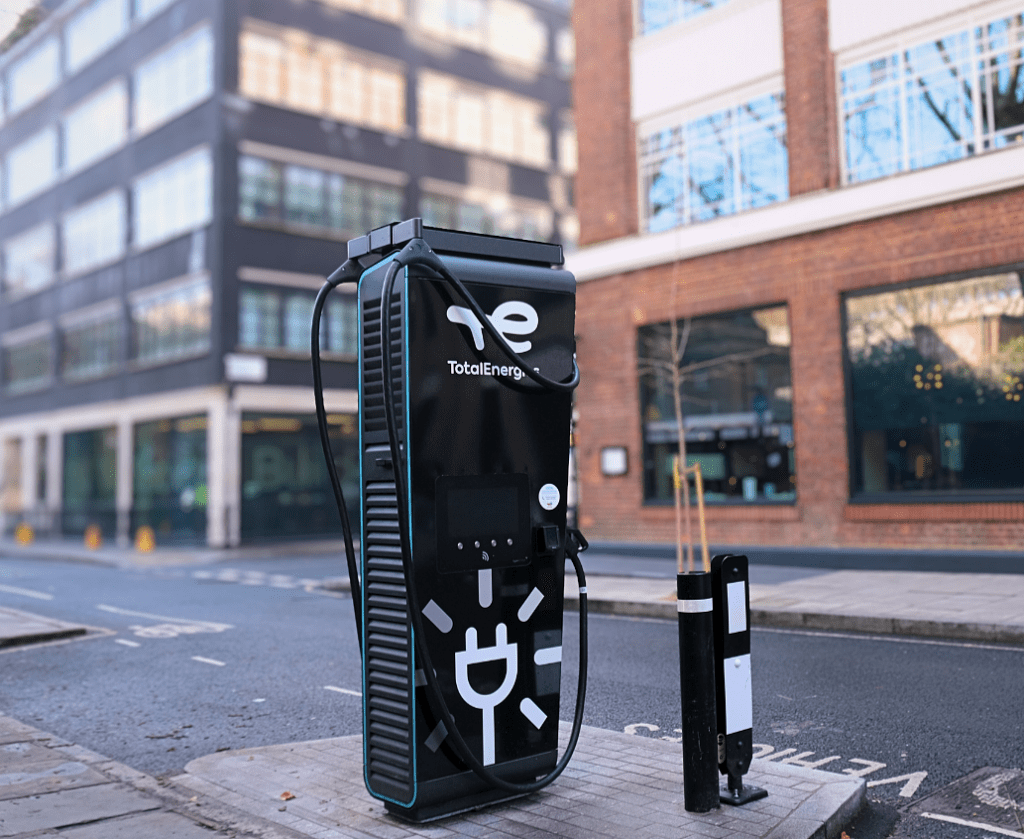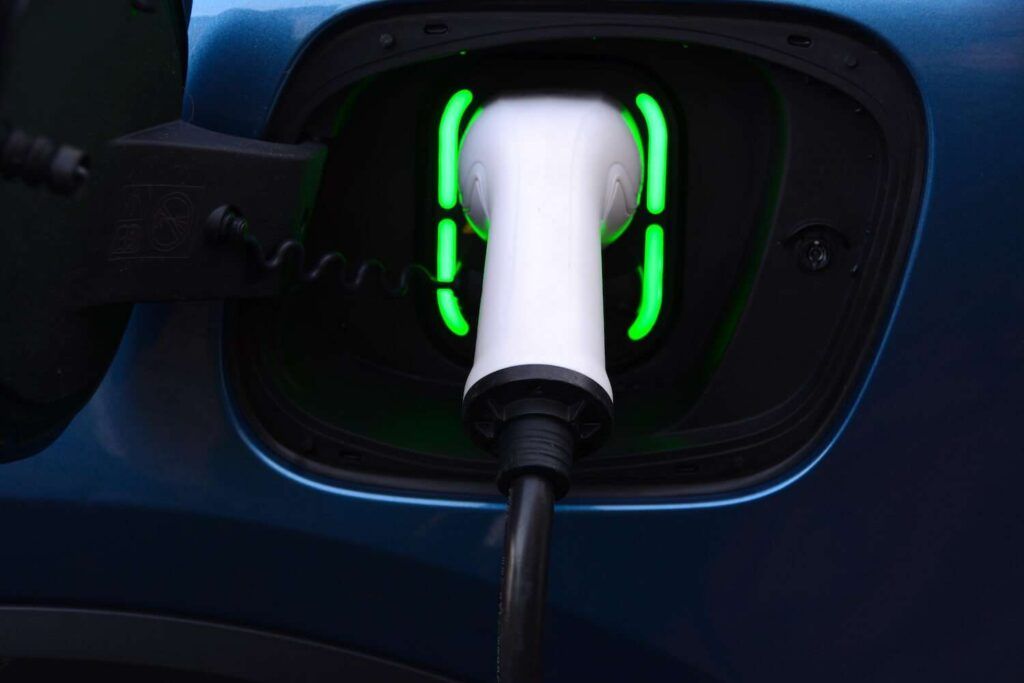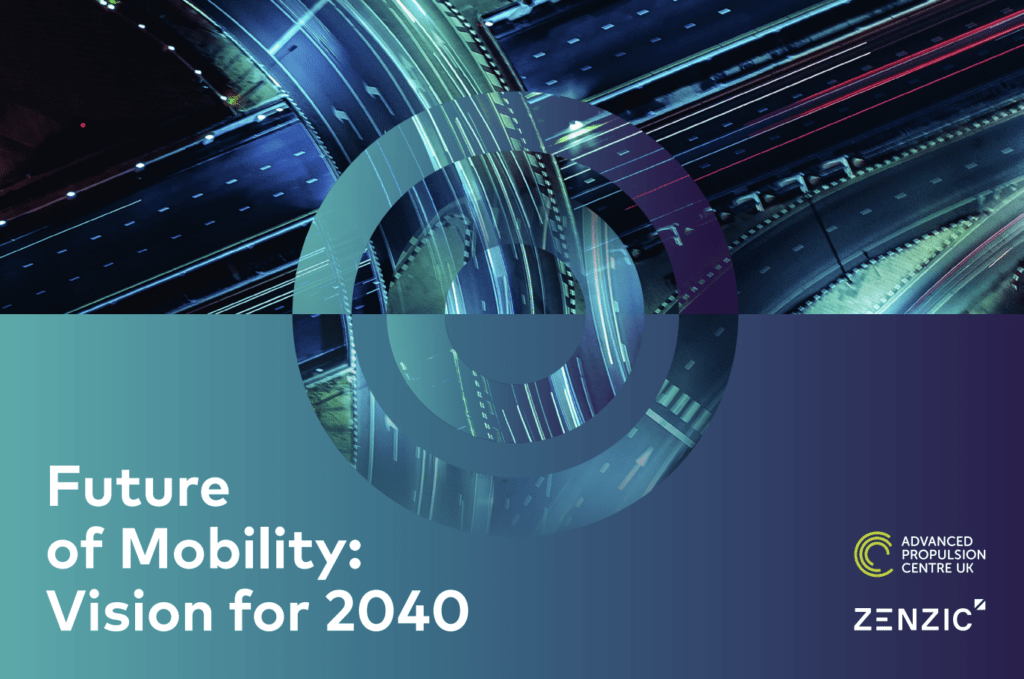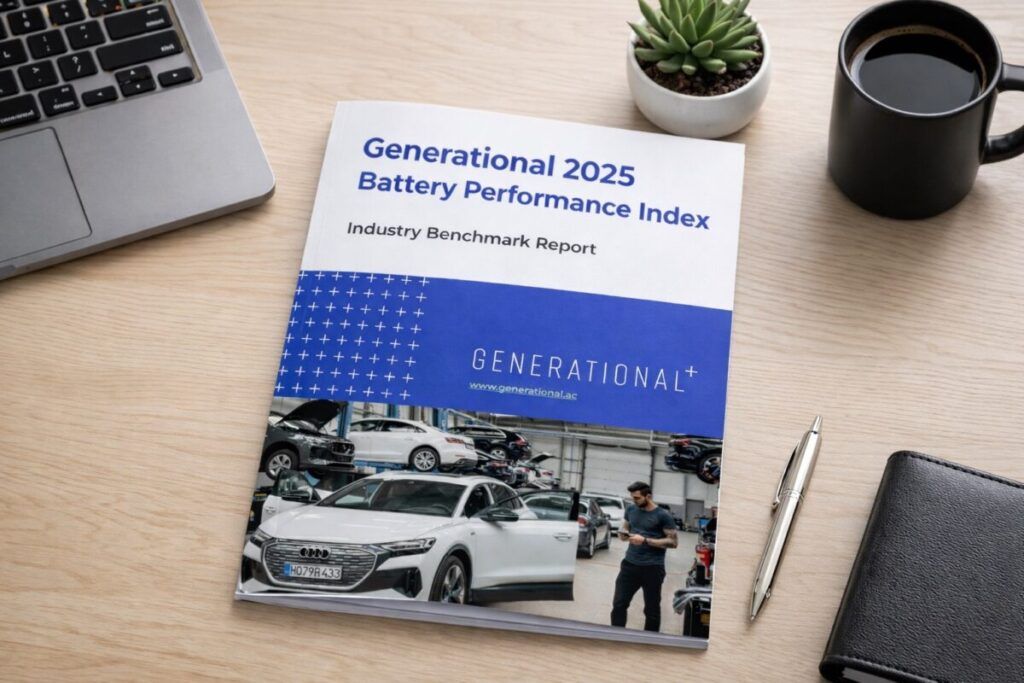With more than 768,000 YouTube subscribers Robert Llewellyn’s Fully Charged is the world’s number one clean energy and electric vehicle channel. In addition to being a British actor, comedian and writer Robert has become one of the UK’s most prominent advocates of EVs. In an exclusive interview with Transport + Energy’s Alec Peachey he talks about his passion for EVs, how he’s witnessed a huge change in public perception over the last decade, and the remaining steps that need to be overcome in order for decarbonised transport to go mainstream.
Q. Do you think that the majority of barriers have now been overcome to allow for the widespread adoption of electric vehicles? What barriers remain?
A. “We’re nearly there! In the UK the last two barriers are probably concerns about charging, which while there is the odd problem, its been blown out of proportion, especially as so much charging takes place at home. And then there’s cost. The sticker price of EVs is higher on the whole, then again the running costs are a fraction of the running costs for a conventional vehicle, so again it’s a perception thing. It is more of a challenge for the approximately 40% of UK households who don’t have off street parking, and while this is being addressed, there is zero excuse left for the remaining 60% of UK households.”
Q. How important is it that local council, regional, and national transport and energy plans are brought together to ensure the UK’s transition to electric vehicles and decarbonised transport is successful?
A. “I do worry in the UK that things aren’t always that joined up. I would look to leading cities, globally and in the UK to see how they’ve done it, rather than start from scratch and make unnecessary mistakes.”
Q. A number of vehicle manufacturers seem to have quickly shifted their focus to EVs. Do you think the ban on the sale of new ICE vehicles could actually happen earlier than 2030 as a result of shifting consumer demand?
A. “Perhaps, we do think that the shift will largely be complete by 2030. So it’s very possible that the 2030 deadline will prove to have been a moot point.”
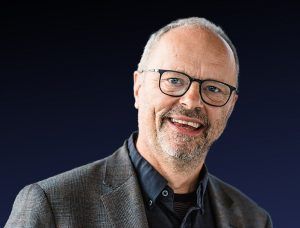
Q. How have you witnessed consumer behaviour change and what has been the biggest surprise to you?
A. “I have witnessed a huge change in public perception in the last 10 years, it’s definitely a hot topic now, and most people say that they will get an electric car at their next changeover. We expected it, but the sheer speed of the change is still surprising.”
Q. Sales of EVs continue to rise despite the recent lockdowns. Do you think 2021 will be the year when they potentially outsell diesels?
A. “It was pretty close in 2020 I believe, so yes, I think this is inevitable.”
Q. What are your views on other forms of decarbonised transport such as hydrogen powered trucks and trains?
A. “Hydrogen could have a part to play here, but it’s looking more and more like battery electric will beat hydrogen to it. After all, where is all this green hydrogen coming from?”
Q. A key ambition of my brand is to unite professionals from both the transport and energy sectors. Why is it so important for both sectors to work together and how can this be achieved?
A. “Some of the biggest opportunities exist in a joining up of energy and transport, and we can already see that electrification is bringing different industries together to positive effect.”
Q. What do both sectors need to be better at in order to accelerate the shift towards decarbonised transport and energy? How big a role does the energy sector have to play in this and what are your thoughts on the industry?
A. “I think an acceptance that this is happening is key. There are some car makers that are internally conflicted about this shift, and it shows. Meanwhile there are others that accept that decarbonising is key to their continued existence. The latter will survive, the others might not. The energy sector in the UK is thankfully pretty responsive, especially when it comes to electricity, but next they will need to do more on heat too.”
Q. Would you agree that councils will be front and centre when it comes to the delivery of public EV infrastructure?
A. “Councils can play an important role, but it’s the forward-thinking ones that will reap the benefits. There are lots of examples, like Dundee and Milton Keynes, that local authorities can use as a shortcut to the right answers. Simple things such as any new building development which includes car parking should have to install simple and relatively cheap dumb 7kW sockets on each car parking space. Likewise with large shopping centre and supermarket car parks. Not one or two chargers, one in every space.”
Q. How much of a focus do you expect there to be on EVs and decarbonised transport at the United Nations Framework Convention on Climate Change (UNFCCC) Conference of Parties, CoP26? How pleased are you that the UK Government has shown its commitment to decarbonising transport and what more needs to be done?
A. “Huge and we will be there. UK Government is making the right noises, but obviously we also need to see action that matches that rhetoric.”
Q. We recently saw the opening of the UK’s first electric forecourt. Do you expect to see these forecourts become more commonplace across the UK?
A. “Yes, GRIDSERVE are on the record that there will be 100. And they are far from the only big player investing heavily in this model.”
Q. What do you make of the likes of BP and Shell continuing to make acquisitions in this area?
A. “As long as they continue to invest in the companies they are acquiring, which is our experience so far, then it is as necessary as it is important.”
Q. When did you first start getting interested in electric vehicles and what inspired you to start making Fully Charged?
A. “I’ve been interested in engineering, mechanics and science my whole life, but I first heard about and saw battery electric vehicles in California in the early 2,000’s when making Scrapheap Challenge. It wasn’t an overnight conversion, in fact I was quite sceptical at first, but slowly as I learned more I understood this was going to be a very big shift. I have to say it’s been gratifying to witness that I wasn’t as daft as many suggested in 2010 when I started Fully Charged.”
Q. Fully Charged has now grown a huge following and continues to go from strength to strength. What has been key to its success and what are some of your personal filming highlights over the years?
A. “I think the success of Fully Charged is down to two things. One, the topic has become more mainstream and there are huge levels of interest from around the world. And two, we try to keep it entertaining and light. Not by diminishing the facts and data, but hopefully presenting them in a palatable way.”
Q. Have you managed to convince any of your Red Dwarf colleagues to switch to an EV?
A. “Danny John-Jules is an electric car fan, he has been driving a Tesla for a while. Craig doesn’t drive, he has people who do that for him 🙂 And lovely Chris Barrie thinks electric cars are the spawn of the devil and there is nothing better than a naturally aspirated straight six combustion engine build in Derby in 1953.”
Q. What do you think the EV situation will look like in 2030?
A. “In Europe, I think that we will all be buying EVs as new, and wondering what all the fuss was about a few years earlier.”
Q. What car do you drive?
A. “We have a Tesla Model 3 Long Range, a Hyundai Kona, and our old run around is a Mk1 Nissan LEAF with brand new battery pack.”
Q. What can fans of Fully Charged expect to see over the coming months?
A. “Well we’re a little travel constrained at the moment, but we will still produce over 100 episodes on an array of clean energy and electric vehicles of all shapes and sizes.”
Q. If there was one thing that could be done to support or progress EVs, what should it be?
A. “Perhaps, it would be to get the industry to be consistent. Some car makers are really going for it, others are dragging their feet and deliberately muddying the water to make it seem like hybrids are electric. And judging from the thousands of comments we receive, there are many peoples who would prefer not to buy a big, expensive electric SUV and are waiting for smaller, lighter, innovative and obviously cheaper EVs.”
Sign up for the Transport + Energy newsletter and updates here: https://lnkd.in/eSf9upf
Images courtesy of Fully Charged.




